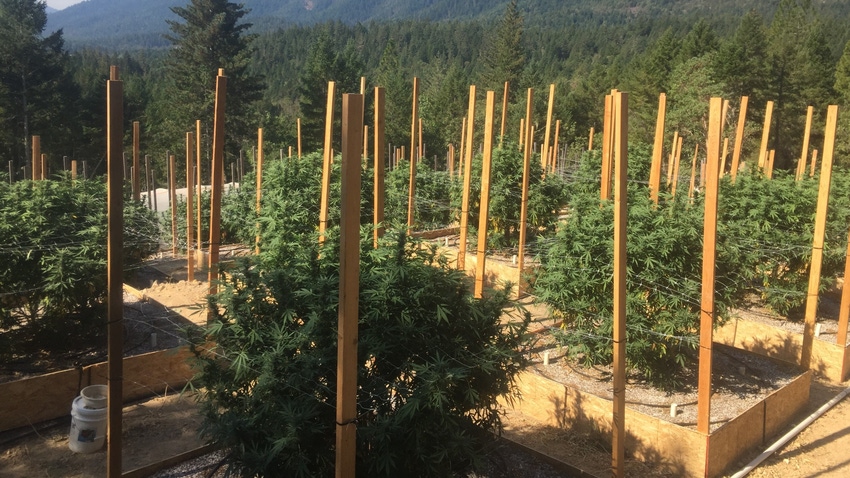
The prime argument for legalizing marijuana was that it would create a steady stream of tax revenue for state governments to use for their favorite programs. But another piece of evidence has emerged that should shatter those preconceived expectations.
California cannabis companies have amassed $732 million in unpaid tax debts, and a large majority of this money is owed by businesses that have already shut down, according to the trading news site Benzinga. This will make it difficult for California to recover the funds, the site observes.
Benzinga cites an analysis of data from the state Department of Tax and Fee Administration that also found $173 million in unpaid taxes on unlicensed cannabis sales. The analysts, Greenwave Advisors, estimate that illegal sales could represent about a quarter of the market, with an estimated total of $1.2 billion.
That one-quarter figure falls well below estimates published two years ago by the Times of London, which reported the California cannabis industry was “on the brink of collapse” because high taxes and regulations have been buffeting legitimate sales.
“About 75% of cannabis consumed in the state comes from illegal sources,” the Times reported in 2022, citing industry figures. “They blame taxes, too much regulation and a failure to tackle illegal competition, which is free from red tape and able to offer cannabis at much lower prices.”
Industry leaders have long complained that police do little to stop people who grow a legal product but evade taxes. Since marijuana is still federally illegal, companies that want to sell it have difficulty accessing financing from banks. And illegal producers egregiously sidestep environmental regulations, which saves their customers money but has caused a massive amount of pollution and water use from illegal grows.
Benzinga reports that in 2023, California’s legal cannabis market gathered $4.4 billion in revenue, a 16% increase from 2022, yet financial issues persisted. They cite the bankruptcy filing by Herbl, a major distributor, which affected payments throughout the supply chain.
Greenwave estimates that distributors of California could owe as much as $1.2 billion in back taxes, up from $1 billion in 2022. The analysts suggest there could be “a broader systemic issue” with financial liquidity in the industry, Benzinga reports.
All of this would seem to put the lie to the notion that cannabis is a sustainable source of income for governments. It seems to me that the state and federal governments have a choice: They can either fully legitimize it and treat it like alcohol, cracking down on bootleg sales while dealing more forthrightly with the industry on issues like taxes and regulation. Or they can do what leaders in Oregon are doing with heavier recreational drugs, which is to rethink their approach.
In any event, they need to stop pretending that the current system for legal cannabis is working, because it obviously isn’t.
About the Author(s)
You May Also Like






